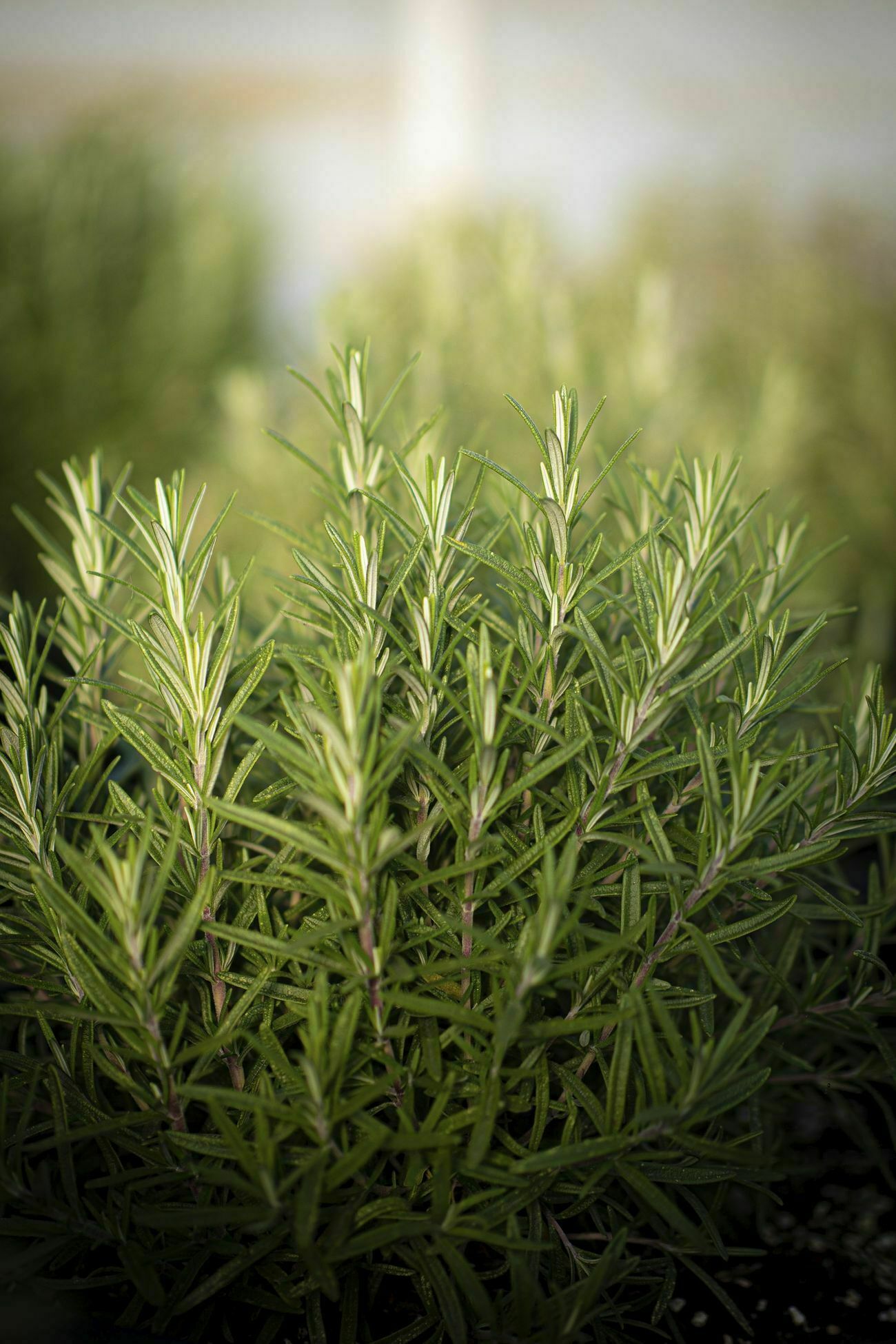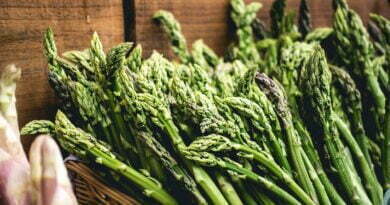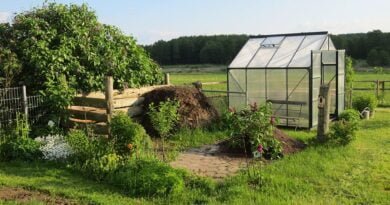Growing Herbs on an Allotment: Tips and Tricks for a Bountiful Herb Garden
Gardening is an incredibly rewarding activity that can provide you with fresh produce, beautiful flowers, and a sense of satisfaction that comes with growing something from scratch. For many people, gardening is a way to connect with nature, reduce stress, and create a welcoming and inviting outdoor space. One way to enhance your gardening experience is by growing herbs on an allotment. Not only can herbs add flavor and visual interest to your garden, but they can also attract beneficial insects and provide you with fresh herbs for your cooking.
In this post, we’ll explore some tips and tricks for growing herbs on your allotment. From choosing the right herbs to preparing your soil, watering and fertilizing, and pruning and harvesting, we’ll provide you with everything you need to know to successfully grow herbs on your allotment.
- Choose the right herbs
The first step in growing herbs on your allotment is to choose the right herbs. Not all herbs are suitable for outdoor growing, and some may struggle in certain soil or climate conditions. Some great herbs to start with include mint, thyme, rosemary, chives, parsley, sage, and basil. These herbs are relatively easy to grow and can thrive in a variety of soil types and temperatures.
- Prepare your soil
Before you start planting, it’s important to prepare your soil. Most herbs prefer well-draining soil with plenty of organic matter, so consider adding compost or aged manure to your soil before planting. It’s also a good idea to test your soil pH and make any necessary adjustments to ensure your herbs are getting the nutrients they need.
- Choose the right location
When choosing a location for your herb garden, look for an area with plenty of sunlight. Most herbs need at least 6 hours of direct sunlight per day to thrive. Additionally, consider the proximity to your house or water source as well as potential pest problems. Avoid areas with standing water or low-lying areas where water may pool.
- Water and fertilize regularly
Herbs on an allotment need regular watering and fertilization to thrive. Water your herbs deeply once or twice a week, depending on your climate and soil type. It’s also a good idea to fertilize your herbs with a balanced fertilizer every 4-6 weeks throughout the growing season.
- Prune and harvest regularly
Pruning and harvesting are essential for keeping your herbs healthy and productive. Regular pruning helps to promote new growth and prevent your herbs from becoming too woody or leggy. Harvest your herbs frequently to encourage new growth and prevent them from going to seed.

Growing herbs on an allotment offers a wide range of benefits, both for the gardener and the environment. Here are some of the main benefits of growing herbs on an allotment:
- Fresh and flavorful herbs: When you grow your own herbs on an allotment, you can enjoy the freshest and most flavorful herbs possible. Fresh herbs can add a depth of flavor and aroma to your cooking that can’t be matched by store-bought herbs.
- Cost-effective: Growing herbs on an allotment can be a cost-effective way to have fresh herbs on hand. Herbs can be expensive to purchase at the grocery store, and growing them yourself can save you money in the long run.
- Beneficial for pollinators: Many herbs are great for attracting beneficial pollinators such as bees and butterflies to your garden. This can help to support local ecosystems and promote biodiversity.
- Easy to grow: Many herbs are relatively easy to grow, even for novice gardeners. Herbs such as mint, thyme, and chives are particularly easy to grow and can thrive in a variety of soil and weather conditions.
- Aesthetic appeal: Herbs can add a beautiful and visually appealing element to your allotment. With their vibrant colors and fragrant scents, herbs can create a peaceful and calming atmosphere in your garden.
- Medicinal properties: Many herbs have medicinal properties that can help to support overall health and well-being. From soothing teas to medicinal tinctures, growing your own herbs can provide you with a natural and holistic way to support your health.
Growing herbs on an allotment is a great way to enhance your gardening experience and add fresh herbs to your cooking. By following these tips and tricks, you can create a bountiful herb garden that provides you with fresh herbs throughout the growing season. Remember to choose the right herbs, prepare your soil, choose the right location, water and fertilize regularly, and prune and harvest frequently. With a little effort and dedication, you can enjoy the many benefits of growing herbs on your allotment. Happy gardening!




